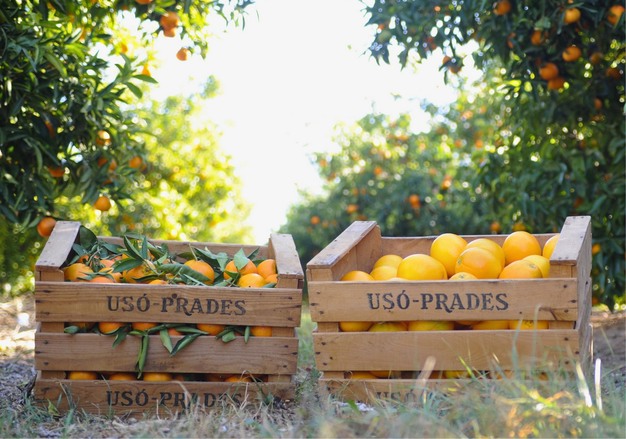The citrus supply in Europe continues to exceed the demand, as a notable increase in the Spanish mandarin production has coincided with higher volumes arriving from Morocco and Turkey. As for oranges, Egypt is expected to continue dominating until the end of the northern hemisphere season.

"There is increasingly more production in Spain and more varieties coming into play in the mandarin market from mid-January. Mandarin volumes are notably higher this year, so it is normal for prices to be falling even for the more valuable protected varieties which, despite it all, remain profitable," says David Usó, from the commercial department of Frutinter.
Moreover, there has been some overlap in the supply of different mandarin varieties this year after the Clemenules campaign was extended. "It's been a warm and dry year, with not much rainfall causing production losses, so the harvests have lasted much longer than usual," he says.
"However, what has further aggravated the situation, breaking the balance between supply and demand in Europe, has been the massive influx of fruit from Morocco and Turkey. These countries have continued to increase their exports and supplied more to the European markets due to the conflict in the Red Sea," says David Usó. "We expect less supply pressure for our mandarins from April onwards."

As for oranges, whose production in Spain was expected to fall due to the drought, the results have been very different to those predicted at the beginning of the season. According to the Frutinter representative, "there appears to have been some oversupply throughout almost the entire campaign, and the prices paid by the processing industry dropped very quickly. Without a doubt, Egyptian oranges have had a devastating impact on prices. Their supply in Europe is on the rise, mainly through the Netherlands, and their quality, contrary to what many may think, is adequate."
"I will never support banning imports from third countries, but I do believe that higher tariffs and antidumping barriers should be applied to protect the European production, or the consequences could be disastrous," says David Usó. "It seems that the gap for the export of Spanish mandarins and oranges is narrowing, and we are losing competitiveness in the second part of the campaign. Now Spain seems to have more room in the first part, with the Clemenules and Navelinas."
 For more information:
For more information:
Frutinter
T: +34 964 506310
marketing@frutinter.com
www.frutinter.com
